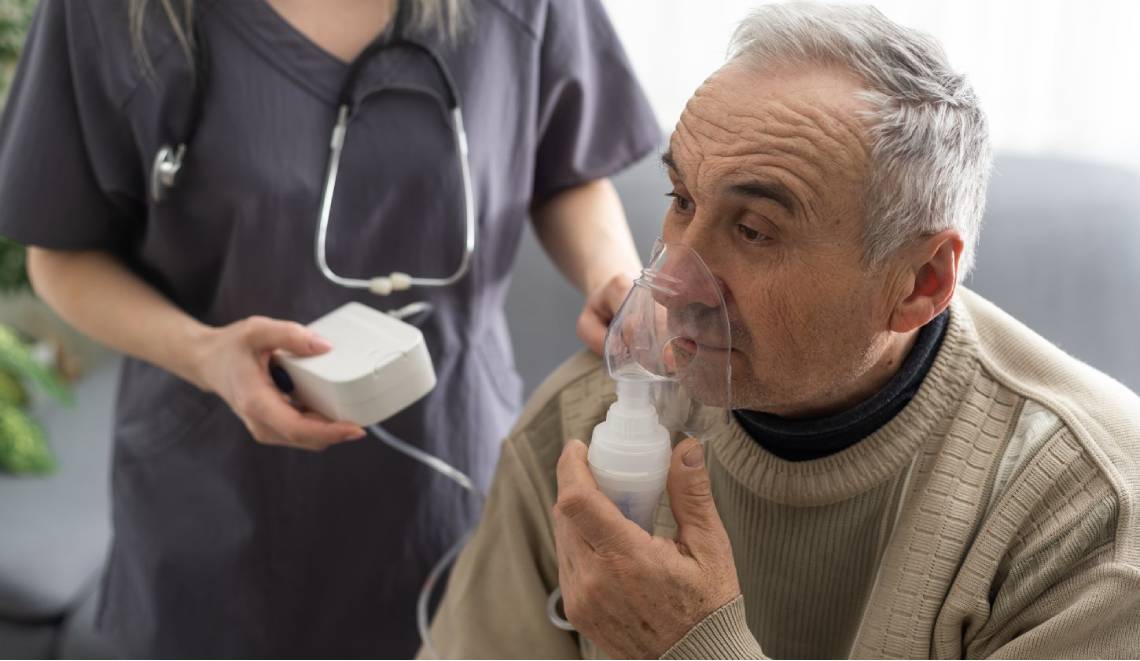

In regions where the air quality is poor because of heavy pollution, more people tend to suffer from Chronic Obstructive Pulmonary Disease (COPD). This condition is far more serious than it appears. Studies show that breathing polluted air is clearly linked to more frequent and worse COPD symptoms. It becomes harder for people with this illness to handle their condition in such areas.
Research on COPD Houston is now focused on finding effective ways to manage the damage caused by pollution, introducing personalized care and practical technologies to improve patients’ lives.
Air pollution is not only an environmental problem but also a direct danger to people with COPD. Breathing in small particles, nitrogen dioxide, and ground-level ozone worsens symptoms. In areas with lots of traffic or factories, people often feel breathless and tired, making simple tasks like climbing stairs or short walks difficult. Hospital emergency visits increase when pollution is high, as patients need immediate help for symptom flare-ups.
Real-life examples show how severe this issue can be. A patient with COPD living near a busy highway might struggle to breathe during morning rush hours. Airborne irritants trigger coughing or tightness in the chest, making it hard to leave the house without risking a health crisis. Such experiences highlight how unavoidable exposure can be for some.
Clinical studies are focusing on treatments that reduce inflammation caused by pollutants. Medications designed to protect the lungs from oxidative stress are showing promise in trials. For instance, antioxidants that target pollution-related damage have helped some patients experience fewer flare-ups and improved overall breathing.
Innovative tools like air purifiers are being introduced into everyday care. In some studies, COPD patients using air filters in their homes noticed fewer hospital visits. These filters can remove harmful particles indoors, giving patients a safer environment when stepping outside isn’t an option. Researchers are now combining such devices with medications to provide better results.
One-size-fits-all care is no longer effective for COPD. Patients are being monitored closely through wearable devices that alert them about pollution levels in real time. For example, someone planning a walk might receive a notification on their device, advising them to stay indoors because of high pollution levels. These tools allow individuals to make safer choices without waiting for symptoms to worsen.
Doctors are also identifying specific markers in patients’ blood to predict who is more at risk from pollution. By knowing this, treatments can be tailored, ensuring those most vulnerable get proactive care. For instance, a patient with frequent flare-ups during the winter might receive advanced therapies well before pollution peaks.
Advancements in treating pollution-related COPD are heavily influenced by clinical trials. Long-term solutions like therapies that repair lung damage or innovative tools to monitor air quality are being tested. These trials aim to reduce the burden of the disease for millions living in polluted environments.
Biopharma Informatic is actively involved in supporting these trials. Through their efforts, COPD patients are gaining access to treatments that improve care and quality of life. Their work ensures progress is made in fighting this disease, giving hope to those living with the daily challenges of air pollution.